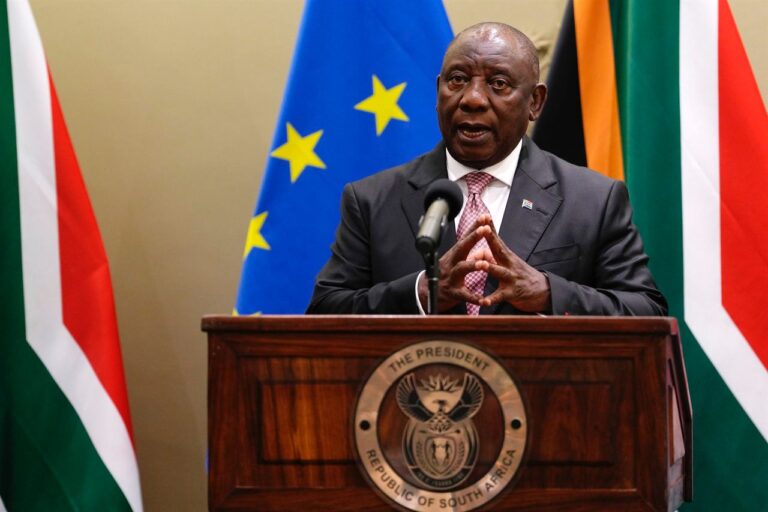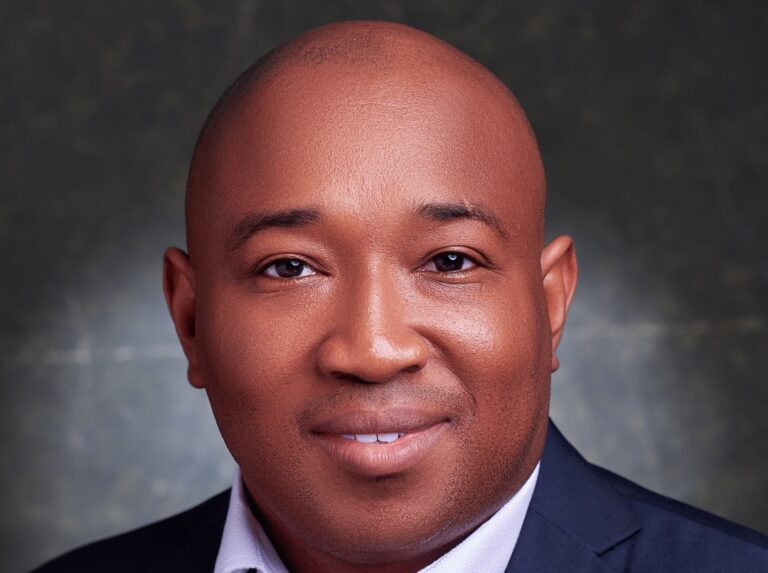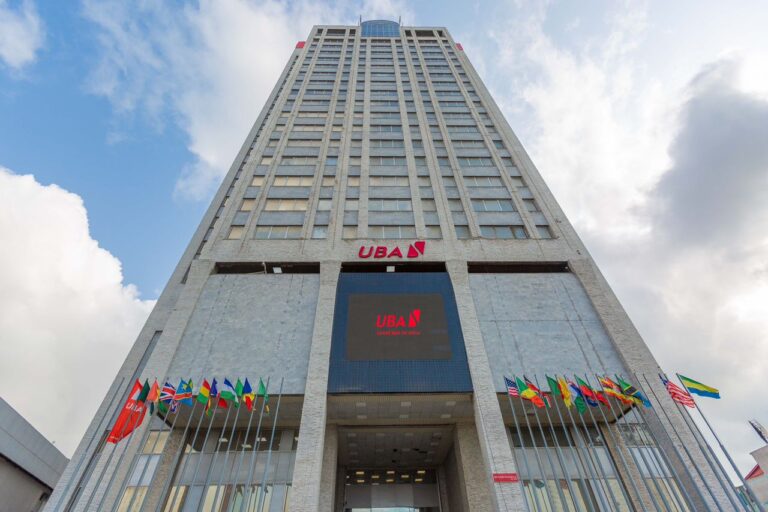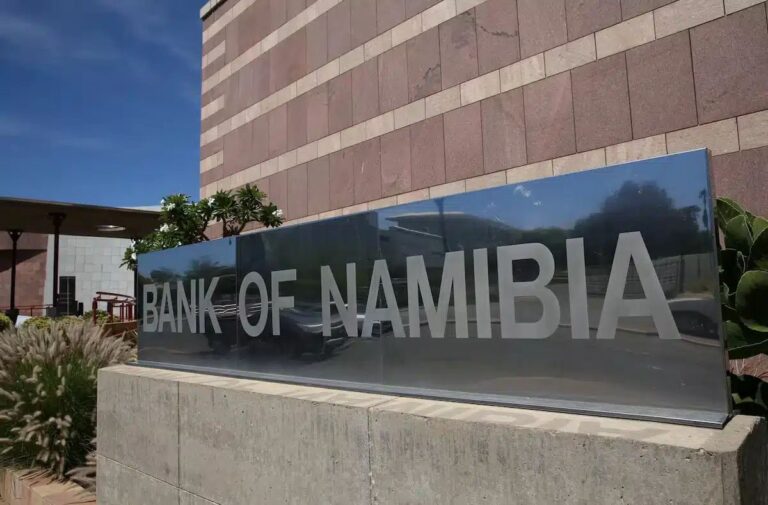Nigeria is set to assume a crucial leadership role on the world financial stage, formally taking over the chairmanship of the Intergovernmental Group of Twenty-Four on International Monetary Affairs and Development (G-24) from Argentina on November 1, 2025. Nigerian central bank posted on its official X handle on Wednesday.
The transition, which follows a period of intensive engagement by Nigerian economic officials at the recent International Monetary Fund (IMF) and World Bank Group Annual Meetings in Washington D.C., positions Africa’s leading economy at the forefront of coordinating the economic policies and demands of developing nations globally.
Speaking on the sidelines of the handover, Nigerian Central Bank Governor, Mr. Olayemi Cardoso, who has been leading the nation’s delegation, reiterated Nigeria’s commitment to utilizing the position to drive equitable global reforms.

“Our focus will be on sustaining momentum in areas that matter most to our members—inclusive growth, equity, and global stability,” Mr. Cardoso stated, speaking on behalf of the Minister of Finance and Coordinating Minister of the Economy, Mr. Wale Edun. “We are determined to ensure that the G-24 continues to be a formidable platform for representing the common interests of emerging and developing economies.”
The G-24, established in 1971, acts as a powerful caucus for emerging and developing economies, coordinating their common positions on monetary and development issues, particularly those on the agenda of the IMF and the World Bank’s Development Committee.
Nigeria inherits the chairmanship at a time when the Global South faces a confluence of complex economic challenges. Key issues currently dominating the G-24’s agenda—and which Nigeria is expected to prioritize—include:

- Debt Sustainability: Developing economies public debt rose to $31trillion, and paying a record-high interest payments of $921 billion in 2024, an increase of 10% from the previous year according to UN Trade and Development (UNCTAD). Addressing the mounting debt vulnerabilities in emerging markets and advocating for comprehensive reforms to the G20 Common Framework for debt restructuring to make it faster and more inclusive of private creditors.
- Climate Financing: Scaling up access to affordable and timely funding for climate adaptation and the energy transition, especially for resource-rich developing countries.
- Reform of Bretton Woods Institutions: Pushing for governance reforms within the IMF and World Bank to ensure greater representation and voice for developing nations, and addressing policies like the IMF’s surcharge mechanism.
- Domestic Resource Mobilization: Fostering international tax cooperation to help developing nations better mobilize internal resources to finance their Sustainable Development Goals (SDGs).
The official announcement from Abuja confirmed that Nigeria’s detailed Work Programme for its tenure will be unveiled after proper consultation with all G-24 member states and key stakeholders.












